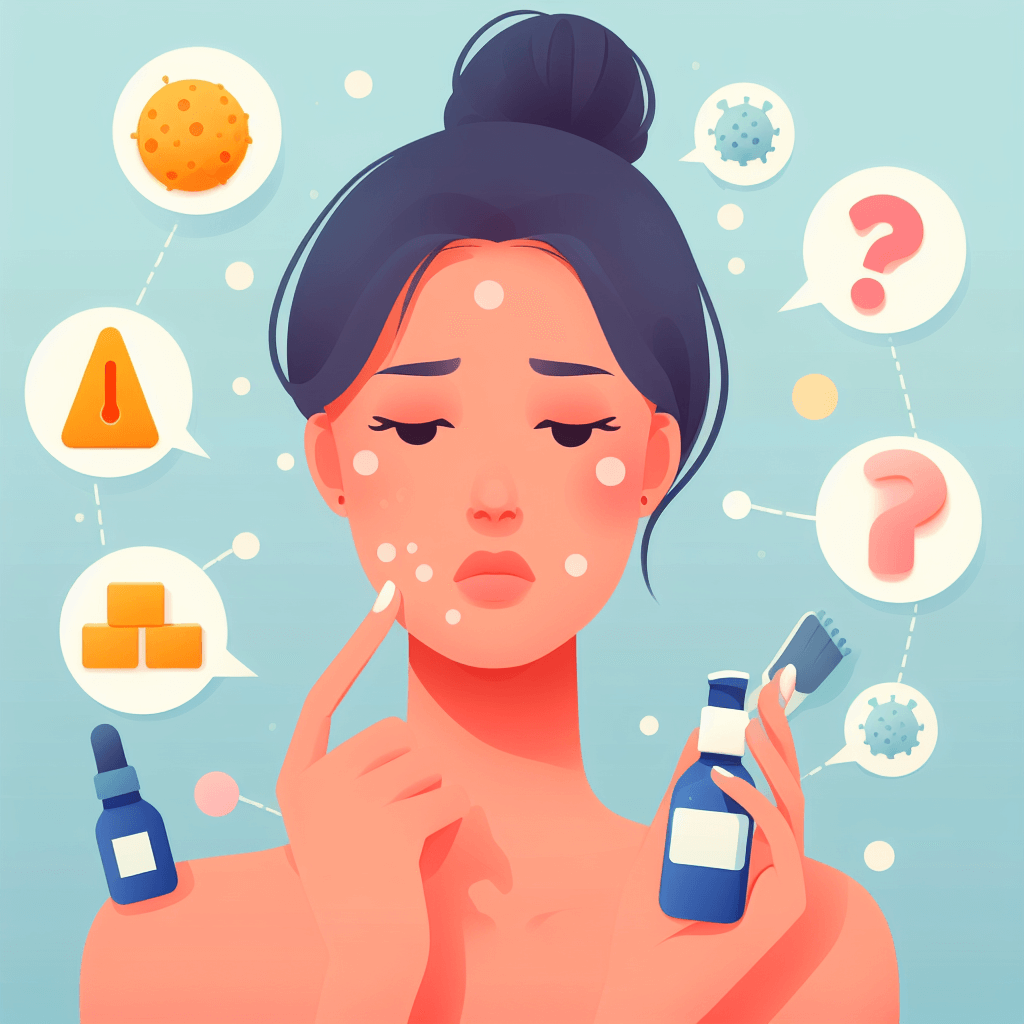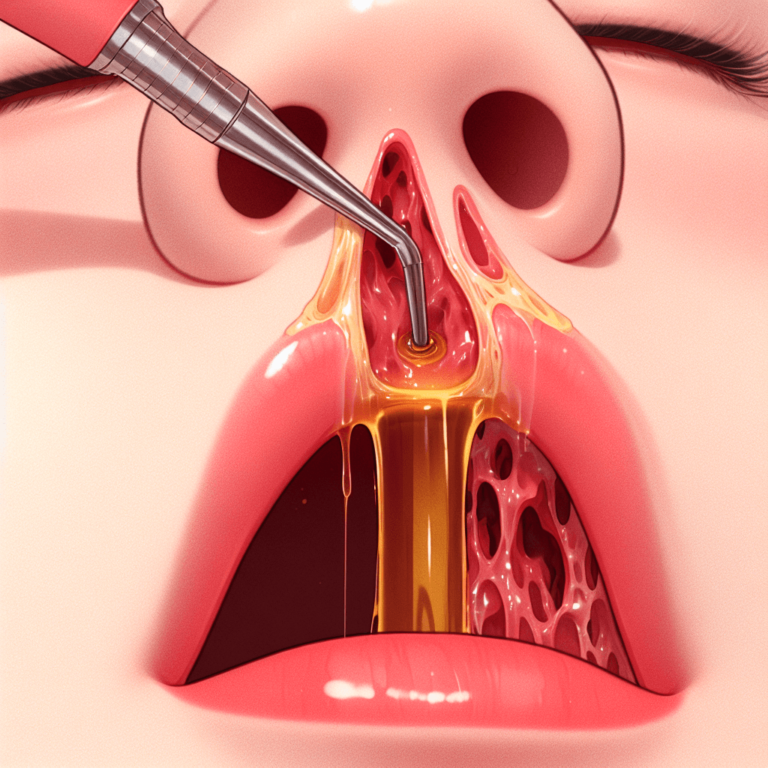Do Clogged Pores Lead to Acne?
Clogged pores serve as a significant factor in the development of acne. Let’s delve into how these obstructions contribute to acne formation.

1. Role of Clogged Pores
Clogged pores, caused by dead skin cells, excess oil, or debris, initiate the acne development process by obstructing hair follicles.
2. Blackheads and Whiteheads
Partial blockages lead to blackheads (open comedones), while complete blockages result in whiteheads (closed comedones), common acne types originating from clogged pores.
3. Bacterial Involvement
Pores trap bacteria like Propionibacterium acnes (P. acnes). The multiplication of these bacteria within blocked pores triggers inflammation, contributing to acne formation.
4. Transition to Inflammatory Acne
If clogged pores become inflamed due to bacterial activity, they progress into inflammatory acne, including papules, pustules, nodules, or cysts.
5. Preventive Measures
Consistent skincare routines involving gentle cleansing and using non-comedogenic products checked by pore-clogging checker help prevent and manage clogged pores, reducing the risk of acne formation.
6. Professional Guidance
Persistent acne concerns warrant professional dermatological evaluation and treatment for effective management.
Conclusion
Clogged pores serve as the primary trigger for acne formation. Understanding their role underscores the importance of effective skincare practices in preventing and managing acne.






